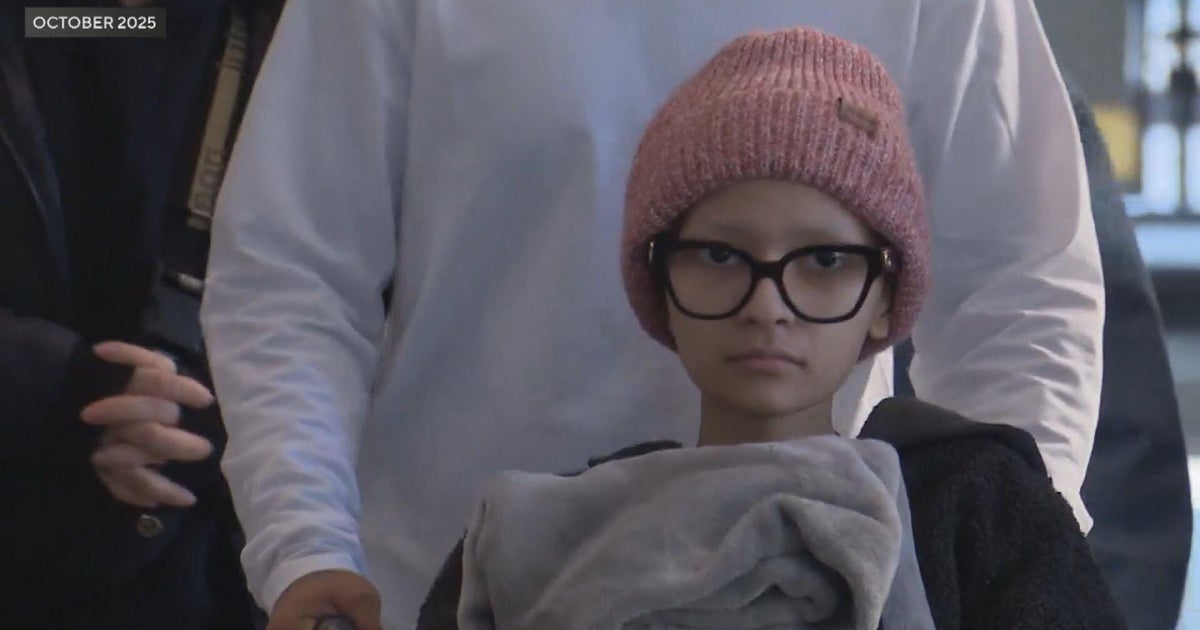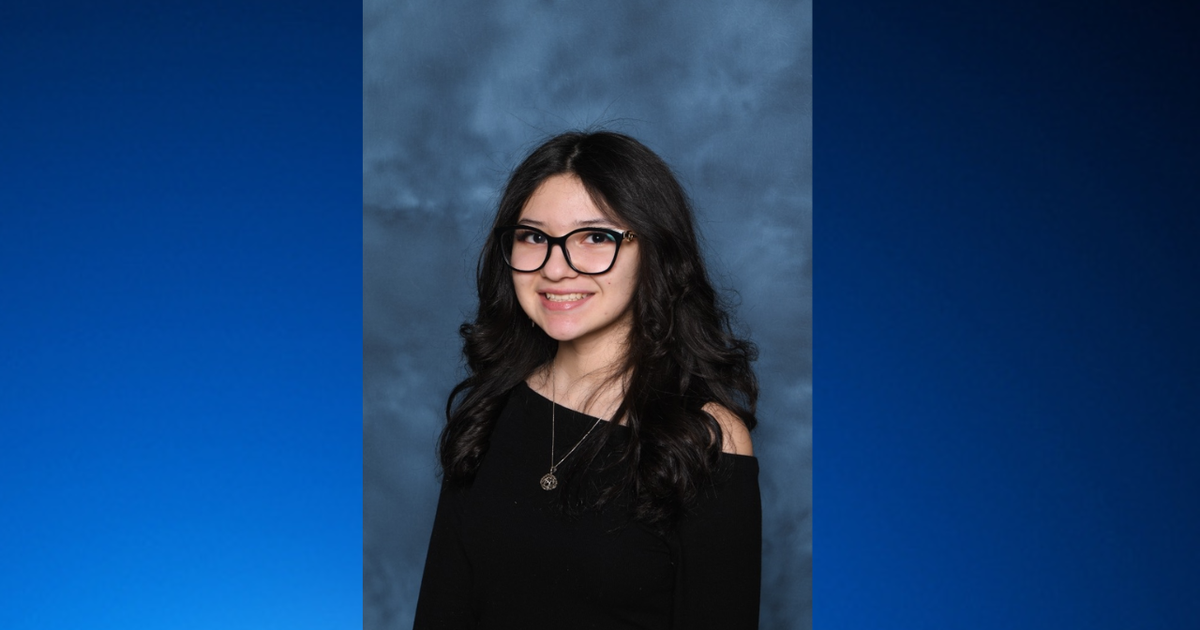Wis. Cancer Support Group Drops Gilda Radner's Name
MIDDLETON, Wis. (AP) — Remember Roseanne Roseannadana? Or Emily Litella? Or Baba Wawa?
Younger generations might not recognize the characters popularized by comedian Gilda Radner. Nor might they remember Radner herself, an original cast member of "Saturday Night Live" who died 23 years ago and for whom a national cancer support group is named.
That's troubling to the Madison-area chapter of Gilda's Club, which decided to change its name in part because of concern that many don't know who Radner was. But the move prompted outrage from some Radner fans — who saw it as a slight to a woman who confronted cancer with dignity and humor — and led other chapters across the nation to hastily reaffirm they have absolutely no intention of changing their names.
Lannia Syren Stenz, the Madison-area club's executive director, said her organization decided to change its name to Cancer Support Community Southwest Wisconsin after it realized that most college students were born after Radner died in 1989.
"We are seeing younger and younger adults who are dealing with a cancer diagnosis," Stenz told the Wisconsin State Journal. "We want to make sure that what we are is clear to them and that there's not a lot of confusion that would cause people not to come in our doors."
Her comments angered some Radner fans, who let loose a storm of criticism on the organization's Facebook page.
"The only educating you're doing is teaching kids that when they die from cancer, their name will be erased from history in 20 years because the next generation doesn't know who they are. Way to give them hope!" wrote Mark Warneke, 44, a full-time college student in Arlington, Texas.
He told The Associated Press that taking Radner's name off the foundation was an insult to her memory.
Stenz referred questions from the AP to Linda House, executive vice president of the national group. House said there was no evidence that young people are unfamiliar with Radner and the name change was motivated by the desire to make the organization's mission clear. She called Stenz's comments "not accurate, period."
"Gilda Radner is very much a part of the fiber of this organization," House said. "There has never been an intent and there is no intent to lose Gilda as part of the organization."
Stenz's club held a ceremony Thursday to mark the name change, which will be phased in over the next month.
Radner, who was diagnosed with ovarian cancer in 1986, sought support from The Wellness Community in California and wrote about her experience in her book "It's Always Something," a reference to one of her characters' catch-phrases.
Her friends and family started Gilda's Club in 1991 on the East Coast to honor her legacy. The name was inspired by something Radner said after her diagnosis: "Having cancer gave me membership in an elite club I'd rather not belong to."
Gilda's Club Worldwide merged with The Wellness Community in 2009, and the joint headquarters in Washington changed its name to the Cancer Support Community. Local chapters were given the choice of keeping their names or switching to Cancer Support Community, House said.
The 56 chapters around the world deliver $40 million a year in free care to about 1 million cancer patients and their families, she said. Of those chapters, 20 are known as Gilda's Club, three are Wellness Community and 23 are Cancer Support Community.
Changing the chapters' names made sense to Ron Nief, a professor at Beloit College in southern Wisconsin who has made a career out of studying how different generations view the world differently. He said it could become harder for Gilda's Club to attract donations as fewer people remember seeing Radner on TV.
"I think we all want to keep our traditions alive," he said, "but there comes a reality in this case of what does this group represent and how do we raise money for it."
Radner's husband, actor Gene Wilder, said he didn't like the name change but he understood it. He said if he had to break the news to his late wife she might ask, "Do they have to throw me out?"
"I'd say, 'It's not throwing you out, honey, it's getting more money.' And she'd say, 'OK, I guess if they have to, they have to,'" he said. "It's too bad. I wish it weren't so. But I understand."
The Wellness Center where Radner once sought support in Los Angeles was one of the groups that updated its name. Julia Forth, the marketing director of what's now called the Cancer Support Community Benjamin Center, said people who get sick Google the word cancer, so it helps to have that word in the name.
Other organizations were adamant about keeping the Gilda's Club name. LauraJane Hyde, who runs the Chicago chapter, said her group has spent 15 years teaching people that Radner's name was synonymous with cancer support, in the same way people know what Starbucks sells even though "coffee" isn't in its name.
"A lot of people feel very passionately about the name," she said. "We will lose donations if we change it."
Radner remains a strong presence at the Madison-area club even without her name on the building in the suburb of Middleton. Paintings and drawings of Radner line the walls. One depicts her on top of Madison's state Capitol. Another imagines her sitting along the shores of Lake Mendota on the University of Wisconsin-Madison campus.
The meeting rooms are named after her Saturday Night Live characters, including New York-street smart reporter Roseanne Roseannadana, out-of-sync editorialist Emily Litella and speech-impeded talk show host Baba Wawa, a parody of Barbara Walters.
(© Copyright 2012 The Associated Press. All Rights Reserved. This material may not be published, broadcast, rewritten or redistributed.)







